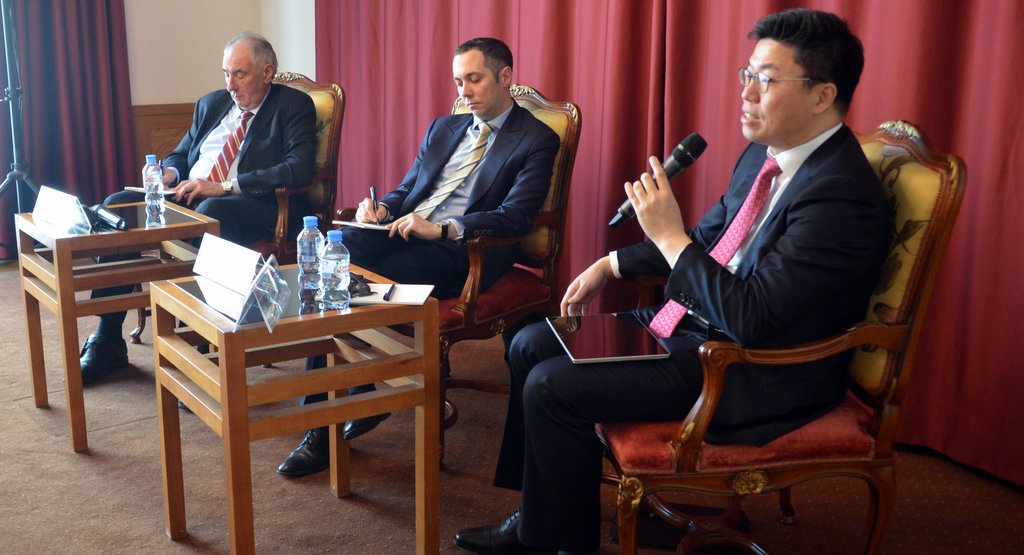Registration
You will receive an email confirming your registration.
Over the course of the last year, North Korea’s nuclear program has become one of the major international issues threatening global stability. A planned meeting of U.S. President Donald Trump and North Korean leader Kim Jong Un at the end of May and Kim’s recent visit to Beijing have sparked hopes that a nonmilitary solution can be reached. However, progress on the Korean Peninsula depends not only on the outcome of talks between North Korean and American leaders; it also requires cooperation between all major powers involved, and particularly three permanent members of the UN Security Council, the United States, China, and Russia.
- What has prompted Pyongyang to change its course and seek détente with the international community?
- What can we expect from Kim Jong Un’s meetings with Donald Trump and ROK President Moon Jae-in?
- How will the worsening U.S.-Russia relationship and the trade war between China and the United States affect cooperation and competition between great powers with regard to the Korean Peninsula?
These and other questions were discussed in an off-the-record discussion with a panel of distinguished experts from Russia, the United States, and the ROK.
Speakers
Go Myong-Hyun is a research fellow at the Asan Institute for Policy Studies (South Korea).
Georgy Toloraya is the executive director of the Russian National Committee on BRICS research and the East Asia section director at the Institute of Economics of the Russian Academy of Sciences.
Moderator
Alexander Gabuev is a senior fellow and the chair of the Russia in the Asia-Pacific Program at the Carnegie Moscow Center.
